Dental Implants
Dental implants are the most innovative and reliable solution for replacing missing teeth. They offer stability comparable to natural teeth while improving not only the aesthetics of the smile but also chewing and speech function.
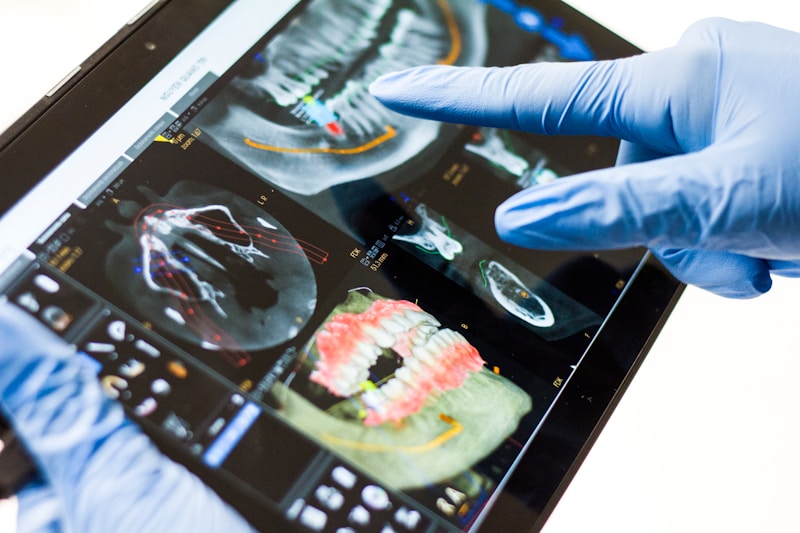
What are dental implants?
A dental implant is an artificial titanium root surgically placed into the jawbone to replace a missing tooth. After a healing period (osseointegration), a prosthetic crown is fixed onto the implant, fully restoring the look and function of a natural tooth.
Advantages of Dental Implants vs. Traditional Solutions
✔️ Stability & durability – With proper care, implants can last a lifetime.
✔️ Natural appearance – Prosthetic crowns are designed to blend seamlessly with existing teeth.
✔️ Superior comfort – Unlike removable dentures, implants are fixed and do not irritate the gums.
✔️ Bone preservation – They stimulate the jawbone, preventing bone loss.
✔️ Improved quality of life – Allow patients to eat, speak, and smile with confidence.
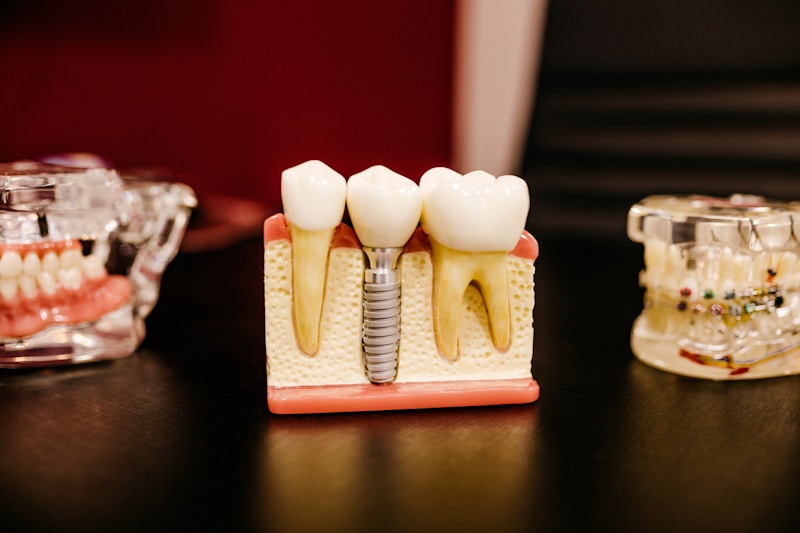
Types of Dental Implants Procedures
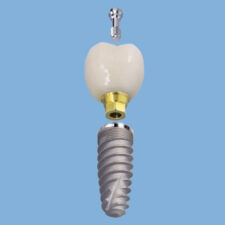
Screw-Retained Crowns
The crown is fixed to the implant using an internal screw.
✔️ Easy maintenance – The crown can be removed by the dentist without affecting the implant.
✔️ Strong stability – The screw ensures a secure and durable fit.
✔️ Better hygiene – Allows for deeper cleaning when needed.
👉 Ideal for patients seeking flexibility and easier long-term maintenance.
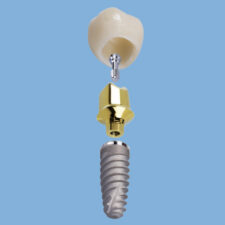
Cement-Retained Crowns
The crown is fixed to the implant using biocompatible dental cement.
✔️ Enhanced aesthetics – No screw access hole, resulting in a flawless look.
✔️ Greater comfort – A smooth surface without openings or recesses.
✔️ Excellent strength and durability.
👉 Perfect for patients prioritizing natural aesthetics and seamless integration.
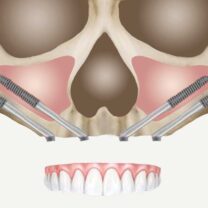
Zygomatic Dental Implants
An advanced solution for patients with severe bone loss in the upper jaw.
✔️ Alternative to bone grafting – Ideal for patients with insufficient jawbone.
✔️ Immediate rehabilitation – In many cases, a temporary prosthesis is placed the same day.
✔️ Stable, long-term solution – Provides a secure anchorage.
👉 Recommended for patients with severe maxillary atrophy who want to avoid bone grafting procedures.
The Dental Implant Procedure
FAQs
Who can get dental implants?
Most healthy adults are eligible. However, risk factors such as smoking or systemic diseases must be evaluated as they may affect treatment success.
Do dental implants require special care?
Yes. Excellent oral hygiene, careful brushing, and flossing are essential to prevent infections. Regular dental check-ups are also necessary to ensure long-term success.
How long do dental implants last?
With proper oral hygiene and regular check-ups, implants can last a lifetime. Longevity depends on daily care and professional monitoring.
How long do dental implants last?
With proper oral hygiene and regular check-ups, implants can last a lifetime. Longevity depends on daily care and professional monitoring.
